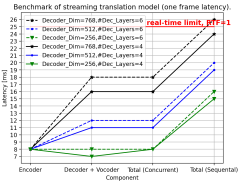QuantumOptiSolve
Elevator Pitch: QuantumOptiSolve is pioneering the next generation of quantum computing, making it faster, more efficient, and accessible to solve the world’s most complex optimization problems with our groundbreaking low-power Ising Machines. Say goodbye to the limitations of traditional computing and hello to unparalleled speed and efficiency.
Concept
Energy-efficient quantum computing for combinatorial optimization problems
Objective
To provide a scalable, power-efficient quantum computing solution to solve large-scale combinatorial optimization problems faster and with significantly lower energy consumption.
Solution
Using a new class of Ising Machines based on coupled parametric frequency dividers (PFDs), which consume two orders of magnitude less power per spin compared to current technologies.
Revenue Model
Subscription-based access for corporations and research institutions, along with custom project consulting and implementation services.
Target Market
Technology companies, financial institutions, logistics and supply chain enterprises, and academic and governmental research organizations.
Expansion Plan
Start with offering solutions to specific optimization problems in technology and finance, then expand to logistics, energy management, and further into healthcare and genomics research.
Potential Challenges
Technical challenges in scaling the technology, competition from existing quantum computing and traditional computing solutions, and market adoption rates.
Customer Problem
The need for faster and more energy-efficient computing solutions to solve complex combinatorial optimization problems, which are currently time-consuming and expensive to address.
Regulatory and Ethical Issues
Compliance with global technology export regulations, data privacy laws, and ensuring ethical use in sensitive fields like genetics and personal data analysis.
Disruptiveness
Offers a paradigm shift in computational efficiency and energy consumption for optimization problems, potentially revolutionizing industries reliant on complex calculations.
Check out our related research summary: here.




Leave a Reply